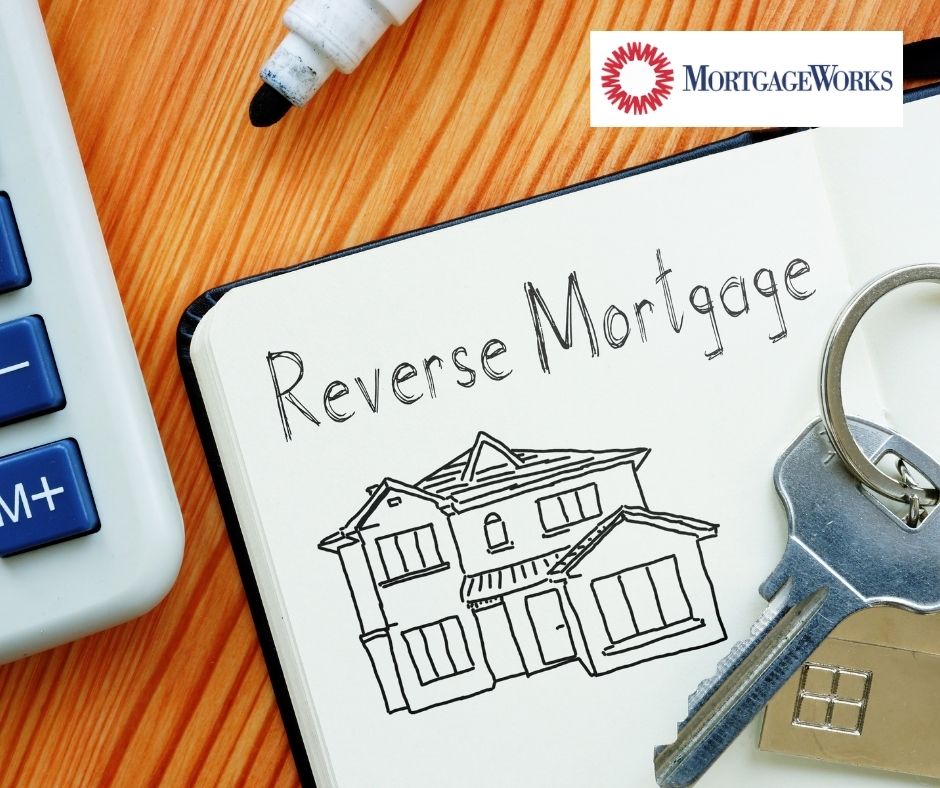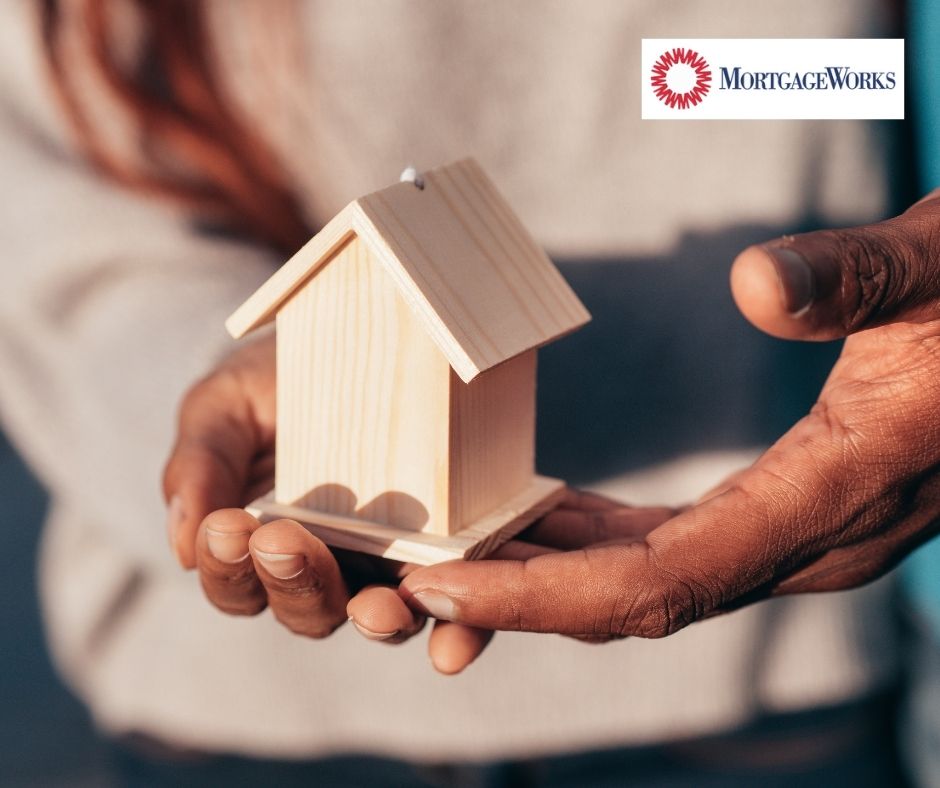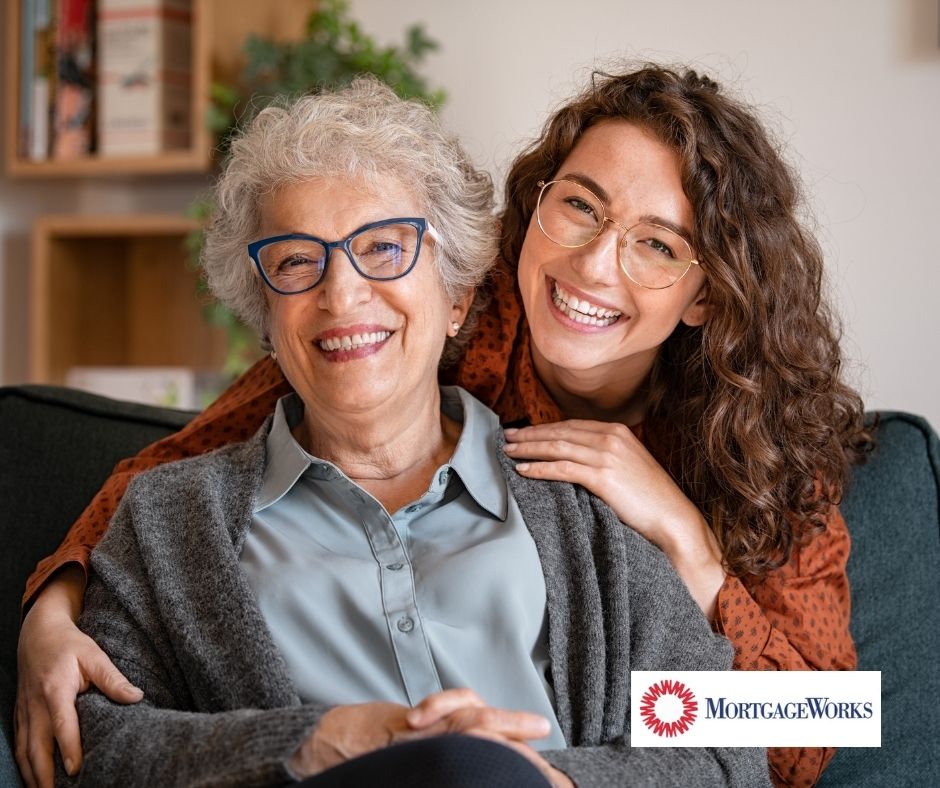 For years, reverse mortgages carried an unfair stigma—as if they were only a last-ditch option for struggling seniors. But in 2025, that perception is changing fast. Today’s reverse mortgage is a powerful financial planning tool, especially for homeowners in the Coachella Valley who want to age in place, supplement retirement income, or protect their investment portfolios.
For years, reverse mortgages carried an unfair stigma—as if they were only a last-ditch option for struggling seniors. But in 2025, that perception is changing fast. Today’s reverse mortgage is a powerful financial planning tool, especially for homeowners in the Coachella Valley who want to age in place, supplement retirement income, or protect their investment portfolios.
At MortgageWorks, we’re helping more clients than ever explore reverse mortgages—not out of desperation, but as a smart strategy for retirement security.
A reverse mortgage allows homeowners aged 62 and older to convert a portion of their home’s equity into tax-free income. Unlike a traditional mortgage, you don’t make monthly payments. Instead, the loan is repaid when you sell the home, move out, or pass away.
The most common type is the Home Equity Conversion Mortgage (HECM), which is insured by the Federal Housing Administration (FHA). With a HECM, you can receive funds as a lump sum, monthly payments, a line of credit, or a combination.
 If you own a home in Palm Desert, Rancho Mirage, Cathedral City, or any part of the Coachella Valley, chances are your home has appreciated significantly over the past decade. That equity can now work for you.
If you own a home in Palm Desert, Rancho Mirage, Cathedral City, or any part of the Coachella Valley, chances are your home has appreciated significantly over the past decade. That equity can now work for you.
Many local homeowners are:
Using reverse mortgages to supplement Social Security or pension income
Delaying withdrawals from their investment portfolios
Paying off existing mortgages to eliminate monthly payments
Funding in-home care or aging-in-place modifications
Gifting assets to their children or grandchildren while they’re still alive
Even with market shifts, Coachella Valley property values have held strong, especially in 55+ communities and resort-style neighborhoods. That means more equity to tap into.
People are living longer—and everything is more expensive. A reverse mortgage can help stretch retirement savings and provide a safety net without dipping into investments during volatile market periods.
Today’s reverse mortgages offer stronger consumer safeguards than ever before. You remain the owner of your home, and you or your heirs will never owe more than the home is worth when the loan is repaid. Non-borrowing spouses are also better protected under current FHA rules.
 Reverse mortgages aren’t one-size-fits-all. They’re best suited for homeowners who:
Reverse mortgages aren’t one-size-fits-all. They’re best suited for homeowners who:
Are 62 or older
Have significant equity (generally 50% or more)
Plan to stay in their home long-term
Want to reduce monthly expenses or access cash without selling
At MortgageWorks, we’ll help you understand how a reverse mortgage compares to other options, like HELOCs, cash-out refinancing, or downsizing. We’ll walk through your goals, income, and long-term plans so you can make the most informed decision possible.
“I’ll lose ownership of my home.”
False. You retain full ownership as long as you meet loan obligations like paying property taxes, insurance, and maintaining the home.
“My kids won’t inherit anything.”
Not necessarily. Many homeowners still leave behind significant equity. Your heirs can choose to repay the loan and keep the home, or sell it and keep the proceeds after the loan is settled.
“It’s only for people who are out of options.”
Not anymore. Financial advisors increasingly recommend reverse mortgages as part of a proactive retirement strategy—even for clients with strong portfolios.
One of our clients, a retired teacher in Palm Springs, owned her home outright but was concerned about rising living expenses. Rather than sell or dip into her IRA, she used a reverse mortgage line of credit to cover healthcare costs and travel plans. Her home continues to appreciate, and she enjoys financial freedom without monthly mortgage payments.
A reverse mortgage is not a last resort—it’s a strategic move for the right homeowner. If you’re over 62 and want to explore your options, we’re here to help.
Whether you're in Palm Springs, Indio, La Quinta, or anywhere else in the Coachella Valley, MortgageWorks can provide a clear, honest, and personalized consultation. No pressure. Just answers—on the house.
Do I still own my home with a reverse mortgage?
Yes. You remain the legal owner of your home and can live in it as long as you meet your loan obligations.
Can I get a reverse mortgage if I still owe money on my home?
Yes, but your existing mortgage must be paid off at closing—often using proceeds from the reverse mortgage.
What happens when I pass away or move out?
The loan becomes due, and your heirs can choose to repay the balance or sell the home. Any remaining equity after repaying the loan goes to your estate.
Are reverse mortgage funds taxed?
No. Funds received from a reverse mortgage are not considered taxable income.
Can I refinance a reverse mortgage later?
Yes. If your home increases in value or interest rates improve, refinancing your reverse mortgage may allow you to access more equity or reduce costs.